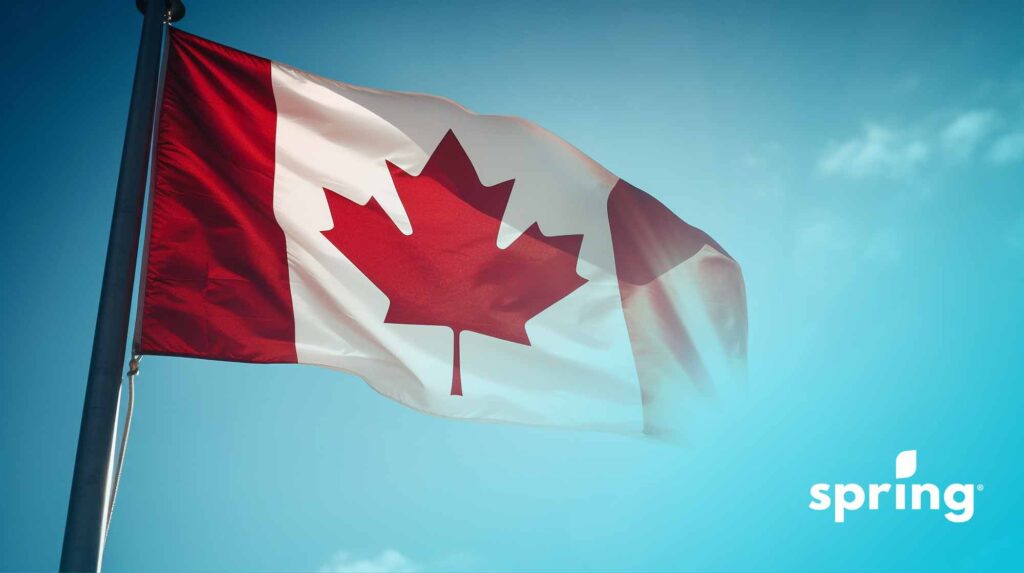This allows the credit card providers to fit all of the charges and give you a complete breakdown.
It’s important to check over your monthly statements to verify that you make the transactions. There are plenty of different abbreviations out there in regard to statement names, and this is just one of them. Here are some key takeaways that you should consider.
CPC/SCP and What It Stands For
The abbreviation of CPC stands for Canada Postal Corporation on your credit card statement. SCP stands for Societe Canadienne des Postes, which is the French translation. Instead of using the full name, these abbreviations are used instead.
It can take time to figure out what the purchase was made for. Still, this abbreviation is used for any transactions made with Canada’s postal service at Canada Post locations since they’re Canada’s main form of sending mail across the country and internationally. They have over 6,000 post offices and send both private and commercial mail.
Purchase That Can Be Made Through Canada Post
Just because purchases were made through Canada Post, that doesn’t mean the credit card transactions were made in relation to a package. It could be in relation to a gift card purchase, money transfers, money orders, customs fees, or even delivery fees. You can also purchase boxes, stamps and envelopes from Canada Post.
That’s not it, though; it’s possible that something you purchased was shipped by Canada Post, and the charge was made for shipment fees. This often happens with cross-border purchases. Often, customs or duty fees will show up this way.
It’s most common when these additional costs are charged separately from your original purchase. So just because you don’t recognize the purchase doesn’t mean that it’s a scam. However, if it is, you can dispute it with a request to your credit card provider.
CPC SCP on a Bank Statement
CPC SCP is a standard merchant code for Canada Post, not just on a credit card statement. It’s possible you’ll also find it on your bank statement. This is most common if you have a debit credit card, such as a Visa Debit or a Visa Mastercard. This is because you’re most likely to find charges you’re unaware of for online purchases.
What To Do If The CPC/SCP Charge Wasn’t Authorized
If you’ve looked into the abbreviations on your credit statement and the amount of the purchase, and still don’t recognize the purchase. The best thing you can do is contact your credit card company.
If you have an account with Canada Post, it’s possible that you won’t recognize the CPC SPC charge either. This is because some of the charges are automatic. If you don’t recognize the charge but aren’t sure if it is a fraudulent charge, you can contact Canada Post directly to help decipher the transaction.
If they still don’t narrow it down, then the best idea is to report the transaction to your credit card issuer. They can look into the transaction and issue you a new credit card to prevent any more transactions.
About Canada Post
Canada Post has been around for a long time, specifically since 1867 and was originally known as Royal Mail Canada. They became known as Canada Post in the 1960s. In 1981, it became a crown corporation when the Canada Post Corporation Act came into effect. This was done to secure the postal service’s security and independence.
Since it was originally created in the 1800’s, Canada Post has evolved a lot. You can organize your personal and business deliveries online as well as find postal codes and rates, find your postal office location and create a mail forward. You can also track your packages.
As a business owner with Canada Post, you can set up shipping and marketing promotions as e-commerce solutions. You can also have your credit card added to your account to help automate your transactions.
RCSS on Your Credit Card Statement
As we mentioned, there are plenty of other merchant abbreviations that you can find on your credit card statement. Another common code that’s noticed is RCSS. Typically, RCSS stands for Real Canadian Superstore.
It will show up like this for in-store purchases as well as online and pickup orders. If you see this charge and don’t recognize the purchase, the best thing to do is report it to your credit card company.
CPC/SPC/PACC/PPCC Meaning
While CPC and SPC are the English and French abbreviations for Canada Post Corporation, PACC/PPCC is the merchant code for Canada Post. On your bank statement, it’s likely you’ll see a combination of the four. This code is commonly used for basic mail transactions as well as any purchases made online with a credit card. This could be a mail forwarding service, postage transactions or more.
Those who have an online account often will see these charges. You can also see a CPC or SPC charge using a debit card for a debit transaction. That said, if you see a charge on your card that you didn’t make, then it could be fraud. You can phone CPC and ask for receipts before filing a dispute.
CPC SPC Diapcust/Cu841 Ottawa ON
When it comes to charges from Canada Post Corporation, the full statement name may not make complete sense. That said, anything with CPC automatically means that the charge is with Canada Post Corporation. This particular transaction would have happened in Ottawa and was likely also a charge with customs. If you aren’t sure where the transaction happened, then you can call Canada Post directly and ask for clarification.
Other Common Abbreviations on Your Credit Card and Bank Statements
Whether you’re looking at your credit card or bank statements, common abbreviations are used on your statement instead of merchant category codes. Here is a look at some common transactions you’ll see as purchases.
| Abbreviation | Meaning |
| RD Canada Internet | Reader’s Digest |
| MSFT | Microsoft |
| Koodo | Telus |
| Fido | Rogers |
| Virgin | Bell |
| TM | Ticketmaster |
| MFS | XBOX |
| PCS | Premier Fitness |
| CLK | Click Bank |
| TSC | The Shopping Channel |
| CIC Online/CIC EN LIGNE | Citizen and Immigration Canada Secure Online Services |
Alternatively, to purchase transaction codes, there are also common codes that can show you where your deposits come from.
| Abbreviations | Meaning |
| Canada Pro | This deposit is either from the Ontario Trillium Benefit or the Alberta Child and Family Benefit. |
| Canada Rit | This refers to an income tax refund. |
| Canada Fed | Any transactions that come up under this abbreviation are a child tax credit. |
| CHQ | Transactions that are made via a paper cheque. |
| PAY | Pre-authorized payroll deposits |
| PEN | Pension payments |
| ANN | Annuity |
| DIV | Dividend income |
| Canada EI | Employment Insurance income deposits |
| OAS | Old Age Security payments |
| FAI | Federal Climate Incentive Payments |
| GST | GST payments |
| CDB | Canada Dental Benefit |
| CWB | Canada Workers Benefit |
| CAG | Access grants |
Final Thoughts
When it comes to credit card statements, it’s important that you pay attention to what transactions are being made and verify that they’re legitimate charges. Abbreviation codes are what identify merchant names for those transactions on any of your banking statements. They can also help you identify any unfamiliar charges.
They’re different depending on where your purchases are made and can’t always be easily identified. This is especially the case with gas stations and grocery stores. Many people just verify that it’s the same amount they spent and the time of the transaction. While the abbreviations can be tricky, they’re easier than specific codes that are numbers. These are more identifiable.
When it comes to the CPC SCP abbreviations, any transactions related to this abbreviation were made through Canada Post. These could be delivery charges, customs duties charges from an online purchase, or even just purchasing mailing and shipping materials. Canada Post even offers money transfers, and those can come up with the CPC SCP abbreviation as well.
Just like with any transaction, though, if it’s unfamiliar, you can file a dispute. For some strange charges, credit card companies will ask for your approval, and for others, they will grant instant approval. This goes for both card transactions and ATM cash advances.









